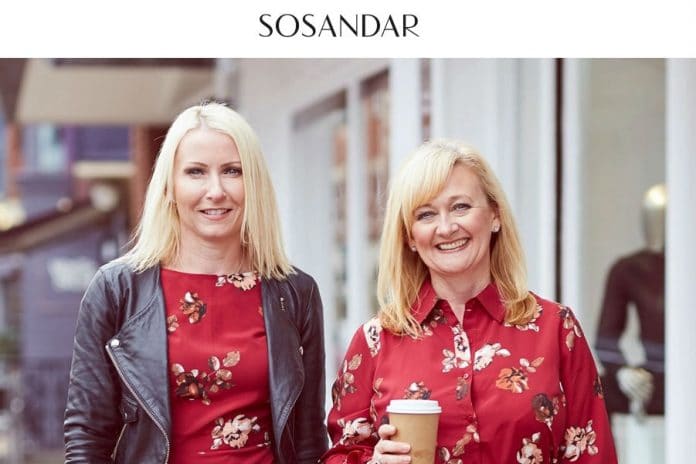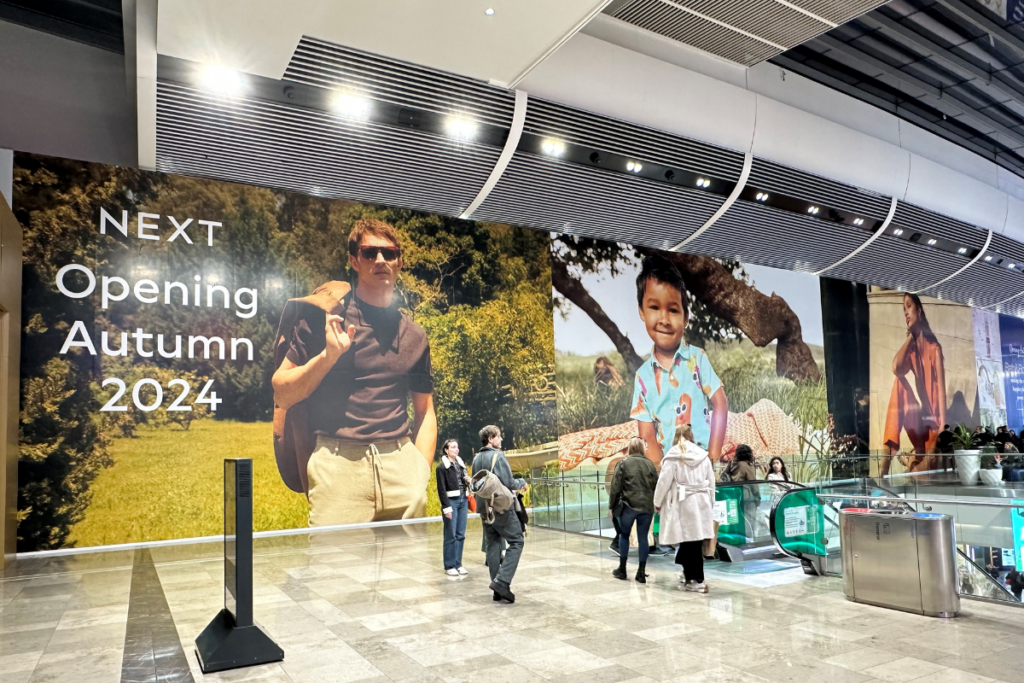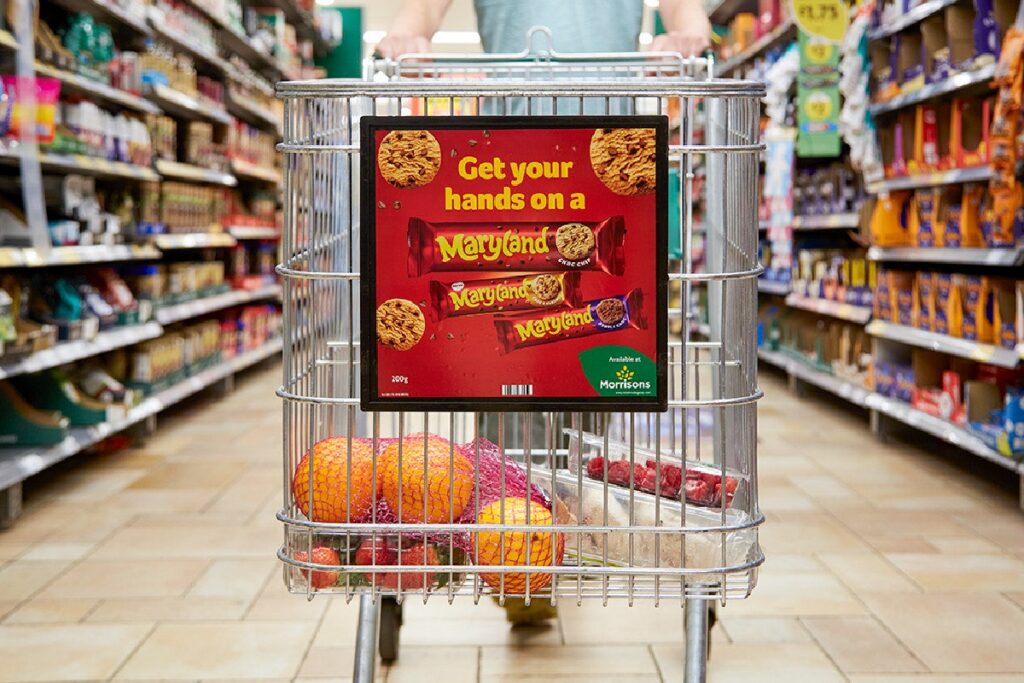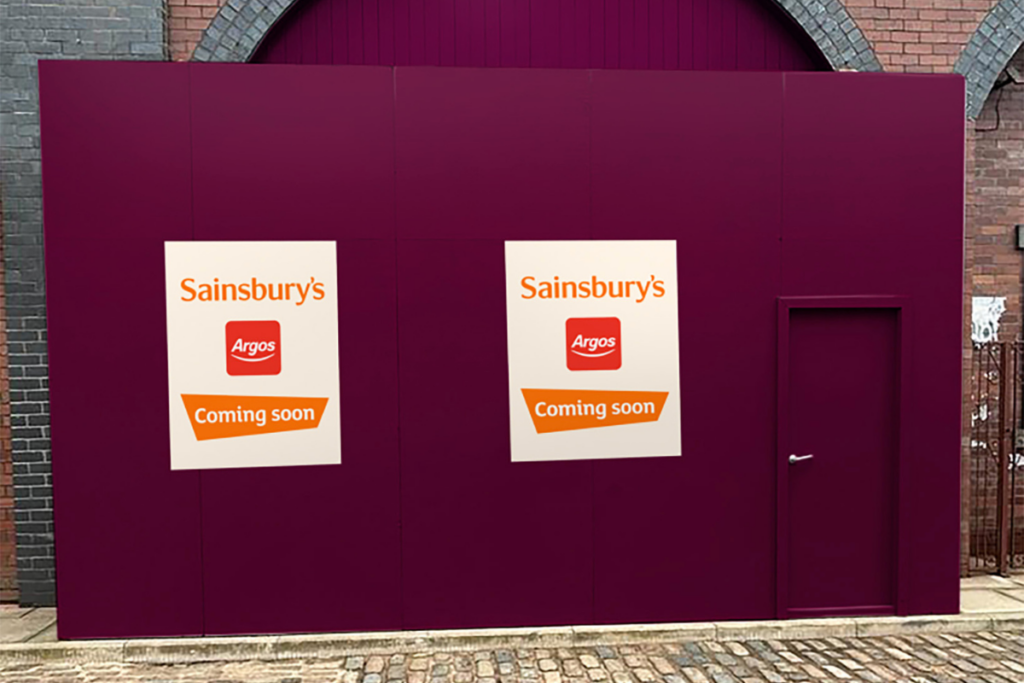Majestic Wine may have reported profits of over £20 million and like-for-like (LFL) sales growth of 5.3 per cent for its last full financial year, but CEO Steve Lewis believes that there are not enough people who understand what the retailer is famous for.
The company‘s first TV advertising campaign since its inception in 1980 came to an end last week, and the month-long trial to boost the UK population‘s knowledge of the business is set to be repeated early next year with a new marketing push planned for the spring.
Lewis told Retail Gazette that Majestic has reached a point in its history where it wants to showcase its unique selling points to fuel further ambitious growth in the decade ahead.
“We are now at the stage where we have got everything in the company exactly how we want it and we think we have got a really interesting story to tell,” he explained.
“Now we want to explore whether there is a way of communicating this – and would we get a reasonable payback.
“The trial is doing exactly that and we‘re learning from research around the campaign. They are small steps but I think we have a great company and it‘s time we started telling more people about it.”
So, at the risk of repeating what customers have learned from the ads in recent weeks, as well as potentially spoiling the forthcoming advertising campaign in 2012, what is Majestic Wine?
For starters, it is a 175-store-strong company that saw profits before tax grow 20 per cent to £8.8 million in the 26 weeks to September 26th 2011, on the back of a LFL sales increase of 2.7 per cent year-on-year.
In that period the number of active Majestic customers grew 7.7 per cent to 534,000, with this continuing rise in shopper numbers partly attributed to the decision two years ago to reduce the minimum purchase per customer from 12 to six bottles.
“Six bottles has made us much more accessible for new customers to try us out and for existing customers to pop in – 40 per cent of our transactions are for below a dozen bottles,” Lewis commented.
“New stores now grow much more quickly than they did before and the move has increased the number of transactions in our stores significantly.”
If the management‘s decision to reduce minimum sales volumes has proved to be a popular tipple with customers, then the dessert accompaniment comes through the high levels of service the business prides itself on offering.
Almost all of the staff employed by Majestic are graduates, and the company has an active recruitment team working to attract the best young retail talent. There is even a waiting list to get on the programme at present, with those who eventually filter through the system having to go through two thorough interview stages with store and regional management.
Recruiting staff who are of a similar nature to the customers they serve is an ongoing policy, so wine buffs and those into good food and travel for example, are favoured employees.
Sales staff are offered regular guidance on the products they sell and they must take exams to prove their knowledge of the industry, and this is one of the key factors that distinguishes Majestic, which has a 3.9 per cent UK wine market share, from its supermarket rivals, which boast around 80 per cent of the sector in this country.
“As a specialist we are operating against some of the biggest retailers in the land,” Lewis admitted.
He is evidently aware that Majestic must stand out through its customer service offering, its quality of staff and the events it holds. “We‘ve got to be a nimble, niche specialist and do whatever we do really well.”
Despite a slight year-on-year LFL sales dip of 1.1 per cent for the six weeks after its half-year end, as customers reined in their spending in the Christmas build-up, Lewis
RELATED STORIES

















